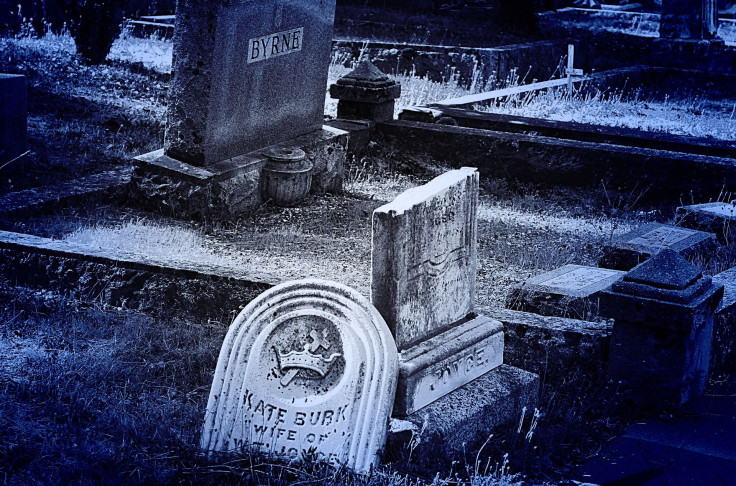Buried Alive: Is Premature Burial Really Possible And Could It Happen To You?

Being buried alive is one of the most widespread phobias, and for good reason: It's a nightmare prospect. Victims are tucked away in a casket under six feet of soil in an area densely populated with actual dead people, where nobody but angry ghosts can hear you scream. You would have just enough time to ponder how you ended up there as you slowly suffocate and join the ranks of the unliving.
Premature burial sounds unlikely these days. At the very least, a medical professional would declare someone dead and at least one other person would have to handle the “corpse” to prepare it for interment. Not to mention all the people who would come within shouting distance of the casket between the funeral hall and the cemetery. Could a living person really pass all those steps to make it to coffin imprisonment? Sorry to say this, but yes.
Part of the terror is that the living may never know about most of the cases of people being buried alive, but there are suspected examples. One famous case was a cancer patient in Greece who was buried two years ago. The BBC reported at the time that people visiting a cemetery heard “banging and muffled shouting from inside the woman’s grave an hour after her funeral.” They dug her up but she was dead by the time the coffin was opened. The claim that she woke up in the grave and subsequently suffocated has been disputed. Other accounts include a New York Times story from 1886 that said a girl in Ontario was exhumed to move her resting place but the people involved in the relocation discovered “her shroud was torn into shreds, her knees were drawn up to her chin, one of her arms was twisted under her head and her features bore evidence of dreadful torture.”
And there have been plenty of near misses, as in Massachusetts in 2005 when a woman was pronounced dead of a suicide but a funeral director later “heard a gurgling noise coming from the body bag,” according to ABC. The man rescued her.
Here are some of the ways premature burial could happen to you.
Catalepsy
The National Institutes of Health describe catalepsy as a condition in which a person has a decreased response to stimuli and has “a tendency to maintain an immobile posture,” with the limbs staying “in whatever position they are placed.” The muscles are rigid, as with rigor mortis in actually dead people, and the breathing can be slowed. But the person may only appear dead — catalepsy can occur with psychotic disorders like schizophrenia, among other conditions.
In one case, a woman with narcolepsy, a condition characterized by suddenly falling asleep, also experienced catalepsy, and the combination led to her being pronounced dead three times. Two of those times she woke up in a mortuary.
Hypothermia
A severe case of hypothermia can cause a person to fall unconscious. Their pulse will be weak and their breathing slow and shallow, according to the Mayo Clinic. In many minds hypothermia is most strongly associated with exposure to extreme winter weather, but there are risk factors that can bring on hypothermia without an avalanche or falling into an icy lake, such as diabetes. Hypothermia can also come from head trauma or certain kinds of drugs, including some antidepressants, narcotics, or sedatives, because they interfere with the body’s ability to regulate temperature.
In the case of the woman in Massachusetts who had attempted suicide and was falsely pronounced dead, the San Francisco Chronicle says, she had overdosed and then stayed in a tub of water for a long period, so “exhibited few signs of life.”
Bradycardia
A condition in which the heart rate slows considerably could make a person appear dead, especially when combined with fainting. Bradycardia may be caused by a genetic heart problem or an underactive thyroid, among other causes the Mayo Clinic lists. Alcohol, drugs and anxiety can also bring on the condition. For one Kenyan man, it happened when he was given atropine, which slows the heart, as part of his hospital treatment after he swallowed insecticide, the Guardian said. He woke up in a morgue hours later.
Other dangers
Assuming you really were dead when the doctors pronounced it, there is still the danger you will spontaneously wake up on your own. Lazarus syndrome causes a person to appear miraculously revived, their heart suddenly beating again after medical resuscitation efforts have failed. It is a rare condition that is not fully understood, but in one case, the Daily Mail reports, a man was suddenly revived and then died again two days later.
The nightmare of being buried alive isn't impossible -- but at least it's very rare.



























